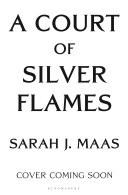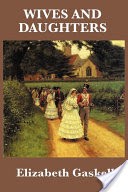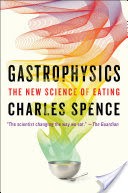Arrrggghh. There he goes again with speculation. You don't need to WONDER whether hard cheese is more acidic, you can look it up. The answer is "it depends"; very acidic cheese like Cheshire is more crumbly, which doesn't support his theory about acid = hard cheese = angular form when cut.
This stuff isn't even difficult to find out; I know it!
It's frustrating because I'm enjoying this, I just can't believe any of it.


















